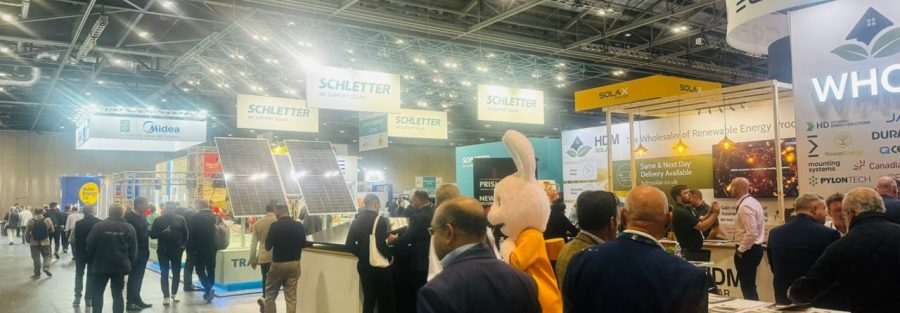In Nigeria, the prevalence of millions of Small and Medium Enterprises (SMEs) is a common sight. However, these businesses often face a significant challenge due to high electricity bills and unreliable power supply. When businesses are left without electricity, their operations come to a standstill, leading to substantial losses. The constant need to fuel generators and maintain them adds to the financial burden, eating into profits and making business sustainability a daunting task.
Amidst these challenges, a growing trend towards energy independence and cost-saving solutions is emerging. One effective way to achieve this in today’s world is by investing in a solar energy system for both commercial and residential purposes.
So, how does a solar energy system work?
A solar energy system, also referred to as a solar power system, utilizes sunlight to generate electricity. This setup typically consists of solar panels, an inverter, a mounting structure, and sometimes batteries for energy storage.
Here’s a breakdown of how a solar energy system functions:
1. Solar Panels: Comprised of photovoltaic cells, solar panels capture sunlight and convert it into direct current (DC) electricity.
2. Inverter: The DC electricity produced by the solar panels is converted into alternating current (AC) electricity by an inverter, enabling it to power your home or business.
3. Electricity Consumption: The AC electricity generated by the solar energy system can be used to operate appliances, lighting, and other electrical devices.
4. Excess Electricity: Any surplus electricity generated can be fed back into the grid or stored in batteries for future use.
5. Monitoring System: Many solar energy systems come equipped with monitoring systems to track electricity production and consumption levels.
In essence, a solar energy system functions by harnessing sunlight to create electricity, offering a clean and renewable energy source for homes and businesses.
Harness the Sun Smartly- Solar Energy Mistakes Every Business Must Avoid.
Thinking about switching to solar power for your business? Make sure you don’t fall into common traps! From installation errors to underestimating energy needs, these mistakes can cost you. Find out how to make a smooth transition and maximize your investment in solar energy. Learn more in this Independent Newspaper article.
While the benefits of solar power are apparent, many Nigerians find it challenging to invest in solar energy systems primarily due to the upfront costs involved. So, what can you do if you cannot afford the initial investment?
One viable option is to explore different ways to acquire a solar energy system for your home. One such solution is through Powernow.io, a Nigerian startup offering various packages to help households and businesses set up solar energy systems. Their services include installment payment options tailored to suit different budgets and needs, providing a flexible payment plan customized to individual financial circumstances.
By leveraging solar power technology, SMEs in Nigeria can potentially reduce their dependence on traditional energy sources, cut costs, and contribute to a more sustainable future for both their businesses and the environment.





